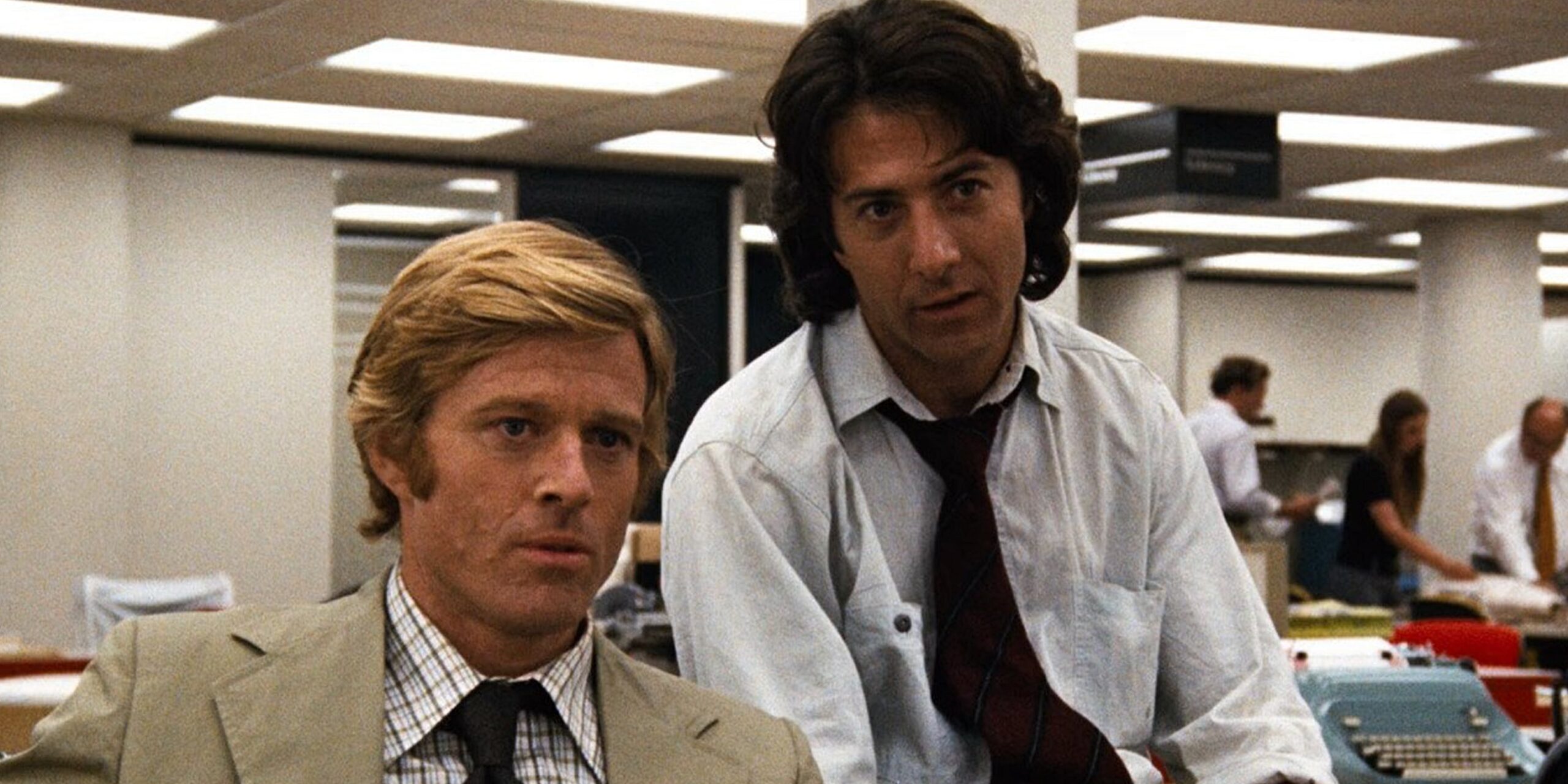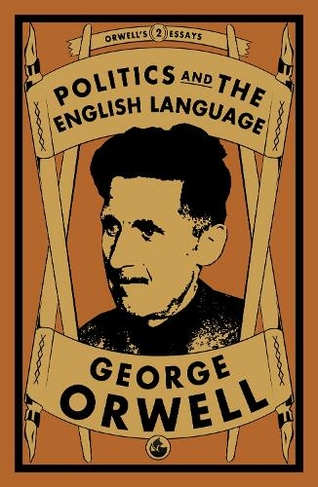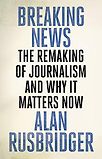A comprehensive book on journalism that delves into the fundamental principles and ethical responsibilities of the profession, emphasizing accuracy, fairness, and serving the public interest[5].
An exploration of the complex relationship between journalists and their subjects, addressing ethical dilemmas and the nature of truth in journalism[5].
A gripping account of the investigative reporting of the Watergate scandal by Washington Post journalists Bernstein and Woodward, showcasing the power of investigative journalism[5].
Conversations with America’s best nonfiction writers offering insights into the techniques and philosophies of nonfiction storytelling[5].

Stephen King shares personal experiences and practical advice on writing, beneficial for aspiring journalists[5].
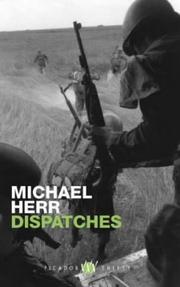
A visceral account of the Vietnam War from the perspective of a war correspondent, highlighting the brutal realities faced by soldiers[5].
George Orwell's essay examining how language can conceal truths and mislead, essential for understanding the impact of language in journalism[4].
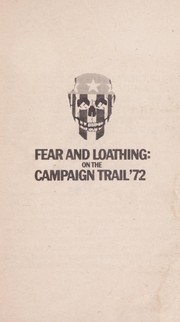
Hunter S. Thompson's gonzo-style journalism covering the 1972 U.S. presidential campaign, offering an unfiltered look at American politics[5].
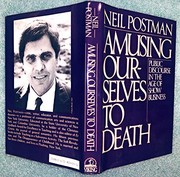
Neil Postman's examination of how television and visual media have changed public discourse, relevant for understanding modern journalism's challenges[5].
Alan Rusbridger discusses the issues facing the news industry in the digital age[7].
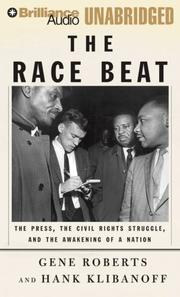

Evelyn Waugh's satirical novel about British tabloid journalism, reflecting on ethics and the media's role in shaping public perception[4].
Philip Gourevitch's account of the Rwandan genocide, blending history with personal narratives[3].
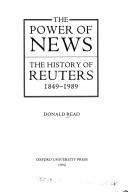
An account detailing the evolution of Reuters and its influence on news reporting[5].
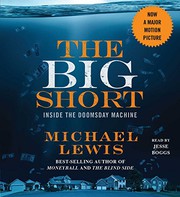
Michael Lewis's insightful look at the 2008 financial crisis and the role of journalism in uncovering the truth behind it[5].
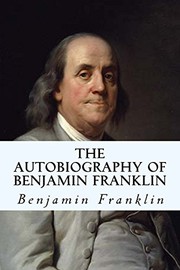
A significant account of one of America's founding fathers with details that emphasize the importance of communication and public service in journalism[5].
Roy Peter Clark's guide on the practical use of grammar and its relevance to effective communication in journalism[5].
H.L. Mencken's reflections on his time as a reporter, providing insights into the journalism profession from the early 20th century[5].
A critical examination of how investigative journalism failed to address the financial crisis[5].
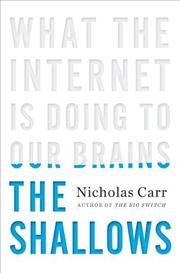
Nicholas Carr discusses how the digital landscape affects our cognitive function and attention, important for contemporary journalistic practices[5].
Alain de Botton critiques the modern media landscape and the influence of news on society[5].
A resource for journalists on how to create impactful and engaging content in the digital age[1].
This book covers essential tips for refining writing skills crucial for journalism[1].
A guide to accuracy in journalism that details techniques for ensuring factual integrity in reporting[1].
Get more accurate answers with Super Pandi, upload files, personalized discovery feed, save searches and contribute to the PandiPedia.
Let's look at alternatives:
- Modify the query.
- Start a new thread.
- Remove sources (if manually added).

